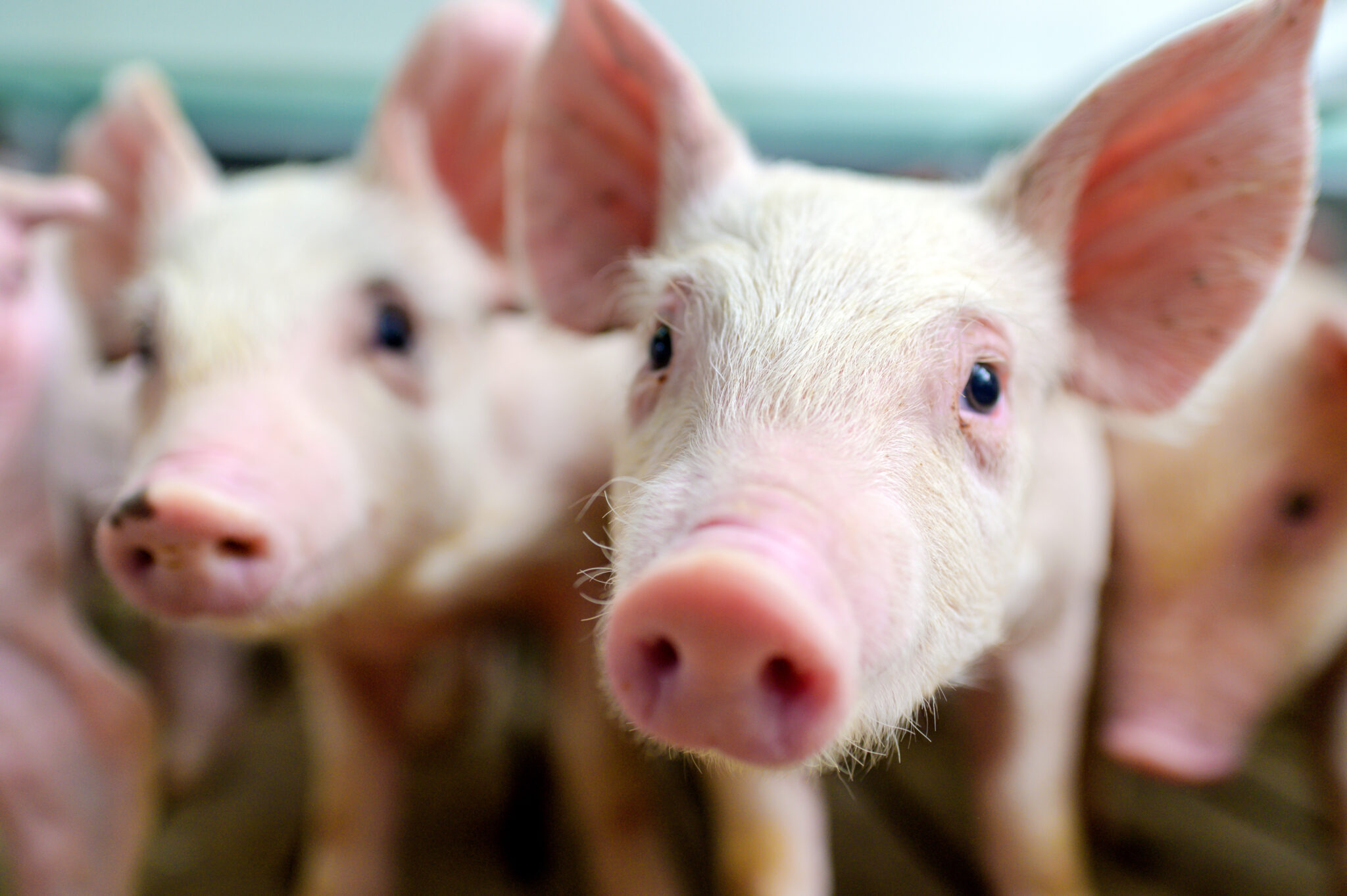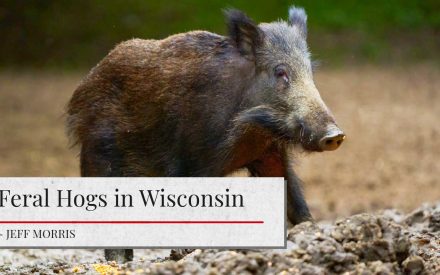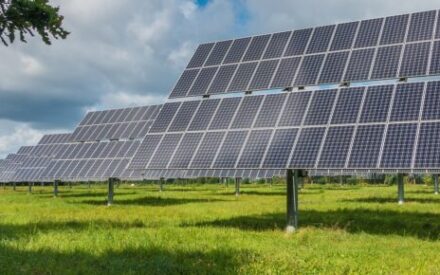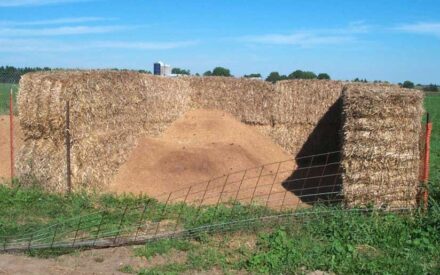Summer brings higher temperatures and oppressive humidity levels. Heat stress poses a significant risk to pigs and the people taking care of them. By taking necessary precautions we can minimize the challenges and risks associated with the high temperatures. Steps should be taken in your barn, during transportation, and with the caretakers of the animals on the farm to avoid significant heat stress.
In The Barn
- Clean the dust from fan blades, shrouds, air inlets, and motors to maximize efficiency.
- Check ventilation controls such as thermostats, inlets, louvers, motors, belts, cool cells, and sensors to ensure optimum performance.
- Water intake is critical, especially in times of extreme heat. Check the flow rate on nipple waterers. Test the pressure and temperature of water on sprinklers and misters.
- Feed intake is negatively impacted by higher temperatures. Reduced feed intake can diminish the growth rate. Consider increasing the nutrient density of the ration to account for the reduced intake.
- If pigs are housed outside provide adequate shade to avoid being in direct sun.
In Transport
- Avoid transporting during the hottest part of the day. Beneficial for both the animals and the transporters loading and unloading.
- Open all possible openings and vents on the transport vehicle.
- Adjust the loading density.
- Don’t use straw bedding.
- Load and unload as quickly as possible.
- Do not force heat stressed animals to move.
The Caretakers
- Drink plenty of water.
- Wear light and loose fitting clothing.
- Wear sunscreen and a wide brimmed hat if working outside.
- Take breaks often.
- Adjust work schedule to avoid strenuous activities during the heat of the day.
- Let someone know if you are feeling light headed or weary.
By focusing on these steps we can help to diminish the stresses caused by high summer temperatures. Keeping your pigs cool improves animal health and performance. Additionally, making sure you and your employees are safe is very important. Lets all do our part to take care of our animals and ourselves and employees, be safe, and survive the “hog days” of summer.


 Feral Hogs in Wisconsin
Feral Hogs in Wisconsin Preliminary forage recommendations for grazing solar sites
Preliminary forage recommendations for grazing solar sites Importance of Traceability on Swine Farms
Importance of Traceability on Swine Farms Composting Mortalities
Composting Mortalities


